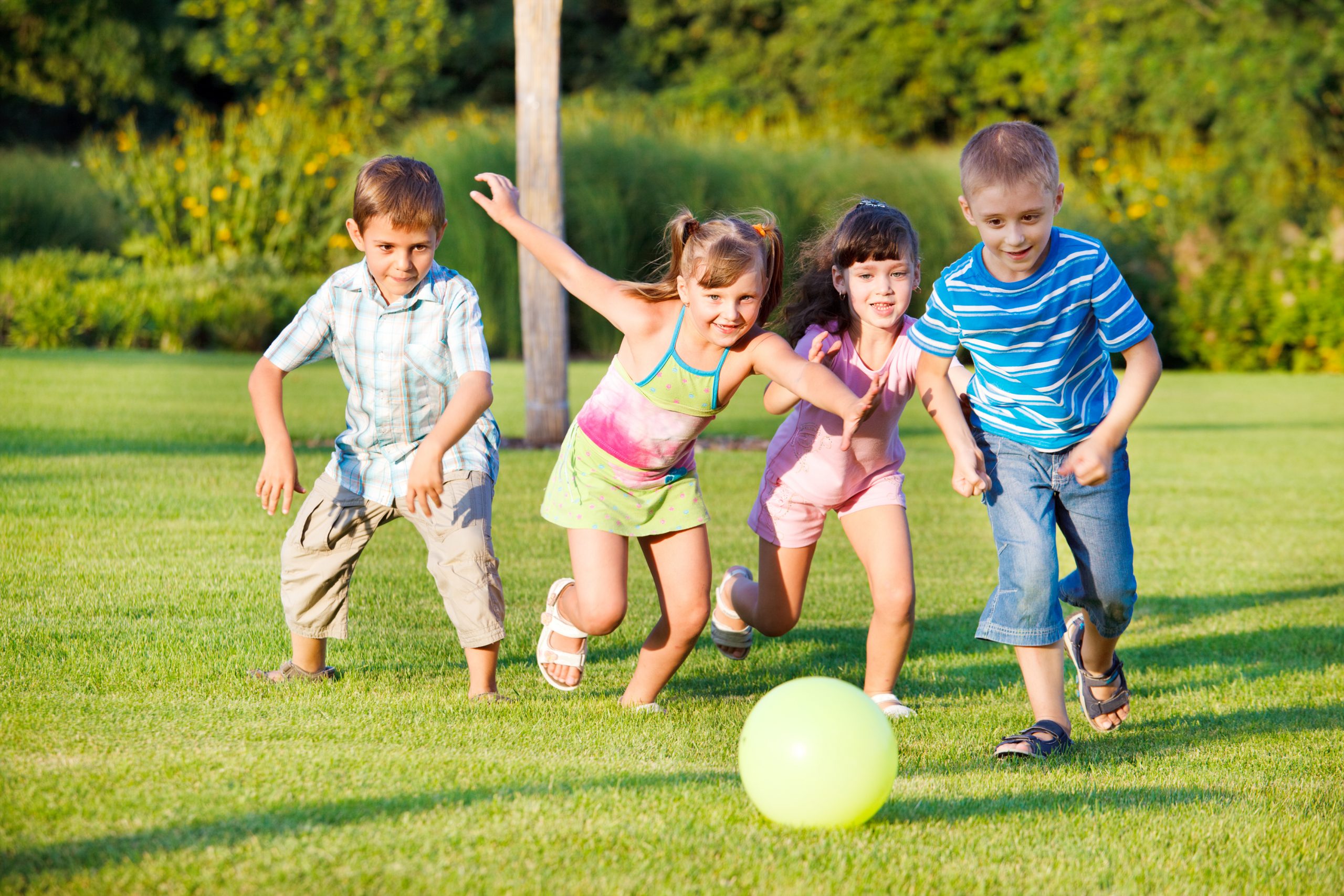Let the Children Play
In a world of technology-driven processes, learning, interaction and entertainment the simple fact of children being children gets overlooked and is often frowned upon. We live in a generation where instant gratification is king and the obsession with getting things done faster, easier, bigger and better often leads to people forgetting the simple things in life and allowing natural progression and growth to take its course. Instead, things must happen quicker, and children do not escape this harsh reality. Children are expected to go to school at a younger age to receive formal structured education, read, write, do math and take part in sport at a younger age, all in the name of reaching goals earlier and quicker. What gets left behind is the child and allowing children to be children. Our need for things to happen quickly overshadows the child’s needs. They don’t need things to happen quickly, in fact, the longer it takes the better. We forget that a four year old is experiencing life at completely different pace than we do. They are living in an amazing new world with so much to explore and an imagination we cannot even fathom, yet we want them to run at our pace and squeeze their imagination into a box called formal education.

So what are the benefits of play and how does it impact the child physically, emotionally and scholastically?
Play is usually an unplanned and spontaneous event which, more often than not, takes place outside and engages the child holistically, like none other. Leave them alone outside for long enough and they create imaginary worlds fighting dragons, chasing fairies up trees, building forts and plotting plans to build traps and setting up rules and laws of the land. The important thing is this needs to be done without parent intervention and being told and guided by adults. Only then can free play really provide the development window it has always been intended to do.
A recent study has shown that play actually changes the structure of the developing brain by strengthening the connections of the neurons in the prefrontal cortex, which is the area responsible for regulating emotions, problem solving and planning. This is all because unstructured play forces children to do the planning and thinking for themselves. They are also forced to solve various problems or obstacles by trying different options and strategies with adult guidance. The development is therefore far more intense and of a higher value. It was also found that even a half an hour of play affected many different areas of the brain, in particular the neurocortex, which is the area used for higher functions such as reasoning, thinking and language.
Due to the nature of playing, children learn vital social and emotional skills. Interacting with friends and learning how to work as part of a team while having discussions and reasoning amongst each other and also learning how to deal with adversity when things don’t go their way, without an adult bailing you out, is crucial in developing well balanced adults. It also leads to better academic performance. Social skills and the ability to plan, assess and adapt has been shown to be some of the best predictors for academic success. Studies have also shown that countries with more recess time tend to have higher academic performance than countries with less recess time.
And then most importantly, play gets kids moving and active. It gets kids to explore and understand the capabilities of their bodies by getting themselves into situations where they have to adapt and push themselves to new levels without even realising it. The development with regards to motor planning and whole body engagement is almost unmatched, and even though the participation in structured and planned movement programmes also brings its own set of benefits, this kind of movement development cannot be matched anywhere else.
Apart from the physical and motor development benefits there are also a plethora of sensory benefits to playing. During play the body feeds itself with what it needs in terms of sensory input. If the child is spinning in circles for fun, it is because the body needs that particular sensory input. Climbing, rolling on the ground, chasing each other and some rough play challenges the child’s balance ability and provides very important proprioceptive and vestibular stimulation. Playing barefoot and touching various different textures during play develops the tactile sense and helps to prevent sensory defensiveness.
There is an endless list of benefits which free play offers the developing young body and mind. It is mother nature’s way of allowing children to learn and develop in the healthiest way possible. It offers exercise, friendship and an abundance of fun and laughter without the aid of technology. It allows imaginations to flourish and young minds to become unhinged without adult intervention. It is the purest form of development and the healthiest way to become awesome adults.